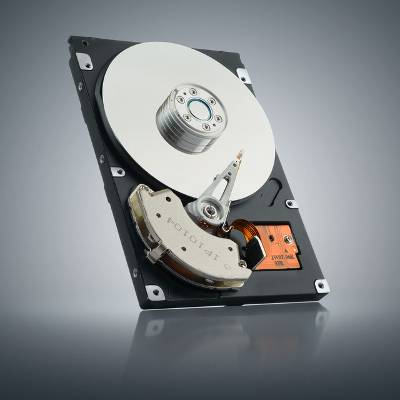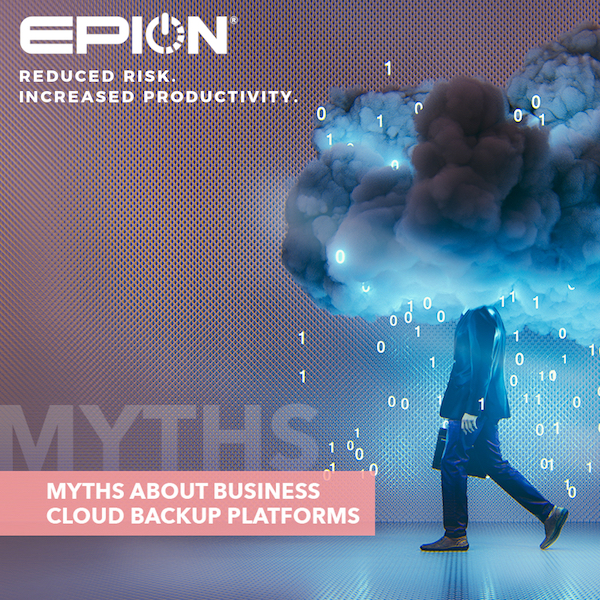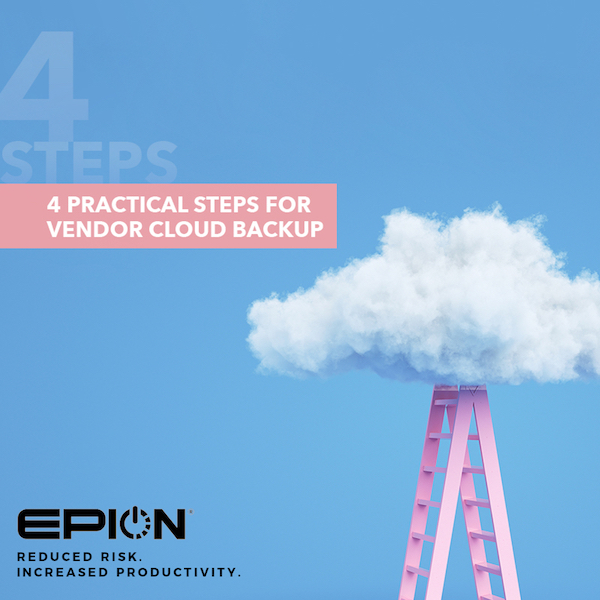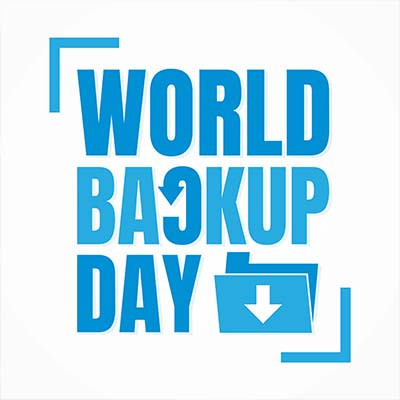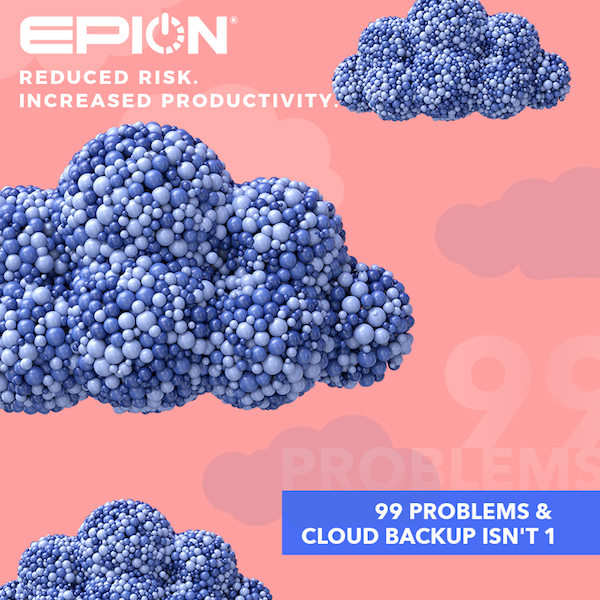
The standard answer to the question is five years, meaning that it's best practice to cycle out your old disk drives for new ones every half decade. Knowing this, most disk drive manufacturers will guarantee their drives for only two years because the failure rate increases for drives as they get older.
Swapping out an old hard drive for a new one is not too expensive, or even that complicated of a procedure, but it can be a major job if you have a fleet of servers that just turned five years old. Therefore, a question you will have to ask before going through the work of swapping out drives based on this five-year rule is if it's really worth the hassle (after all, the drives seem to be working fine).
For all you Cautious Carl's out there that need to analyze evidence before going through a major procedure like this, we will share with you some recent findings from Backblaze, a major data center that works with approximately 27,000 drives. Because Blackblaze manages so many drives, the results of their study can give us an accurate picture of what the life cycle of a hard drive really is.
Five years ago Blackblaze used 3,000 drives, and as they added more drives they kept track of drive failures and came up with some interesting figures:
- In the first 18 months drives failed at a rate of 5.1% per year.
- For the next 18 months drives failed at a rate of 1.4% per year.
- After three years, failures went up to 11.8% per year.
- 80% of drives older than five years old were still working.
The conclusion Blackblaze came to was that the average consumer disk drive has a lifespan of six years. This is pretty close to the five year replacement rule that is the industry standard, and it's also worth noting that a company running a data center will have a staff of highly trained technicians to service their disk drives in order to get the most performance out of them. This stands as a testimony of how proper maintenance extends the life of computer equipment, making it so that hard drives will last longer and need to be replaced less frequently.
Where are your company's drives at in the hard drive lifecycle? Do you have a batch of drives creeping up to the five year mark? With proper maintenance and support from EpiOn's managed IT services, you may be able to get another year out of them. Or are you pressing your luck by using hard drives that are more than ten years old? Hard drives will eventually fail; it's a matter of when, not if. You need to be prepared for this eventuality and have a business continuity plan in place.
The best solution to safeguard your company's data from drive failure is to back it up with a Backup and Disaster Recovery (BDR) solution. With our BDR solution, your data is automatically backed up to the cloud and available for virtualization just in case a disaster like a hard drive failure, or something more severe like a natural disaster, strikes your business. Don't be unprepared for the eventuality of hard drive failure. Call EpiOn at (931) 526-3742 to keep your data safe!
Related Post

Protecting Your Company Credit Cards
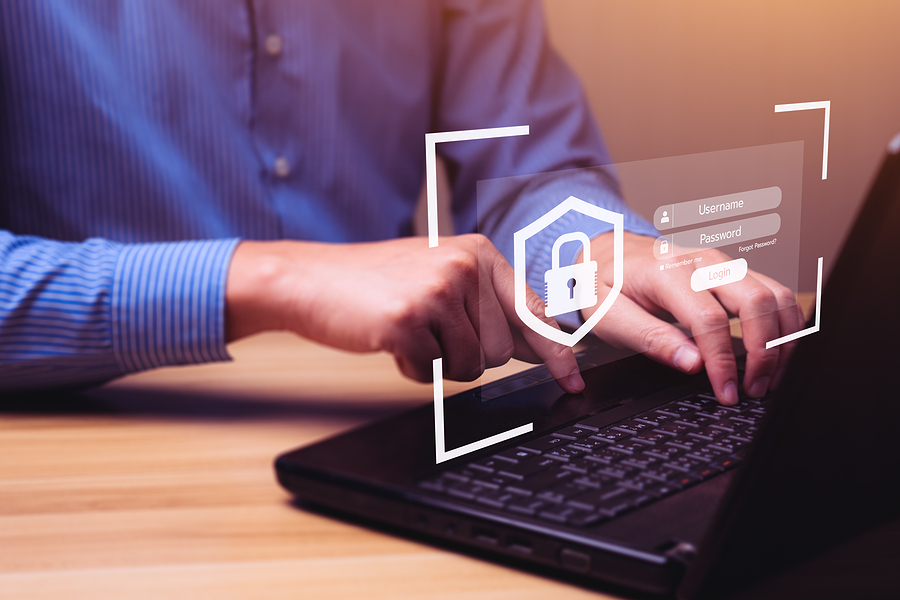
Why Passwords are Your Business’s Weakest Point
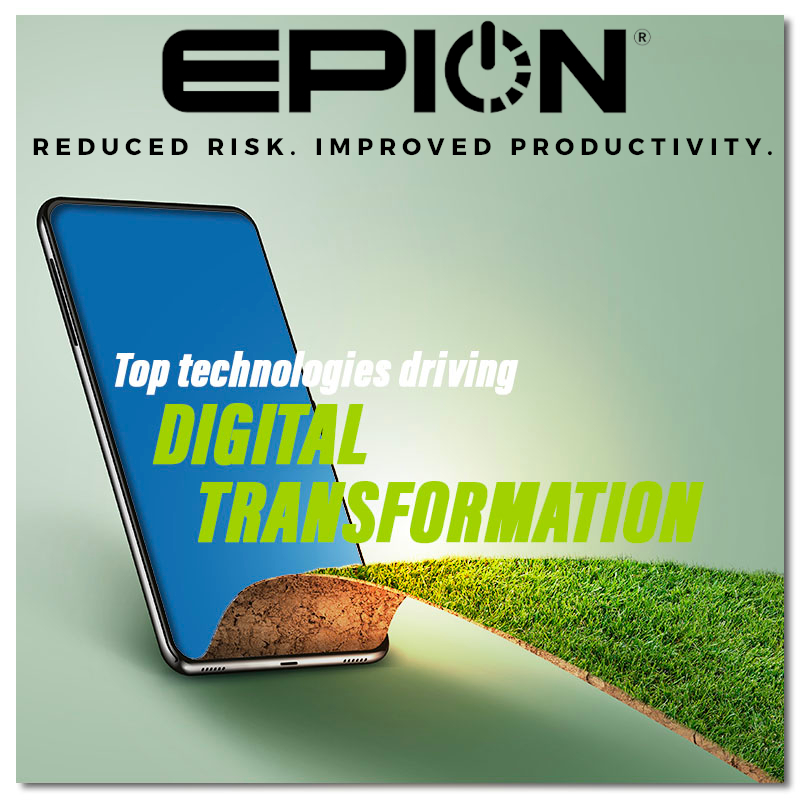
Top Misconceptions About Digital Transformation

